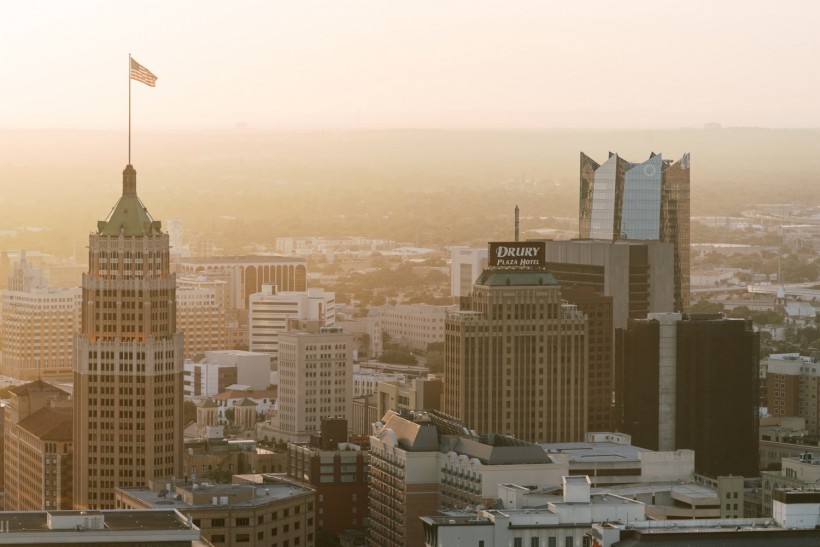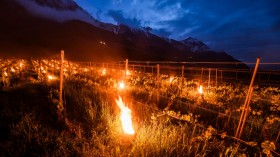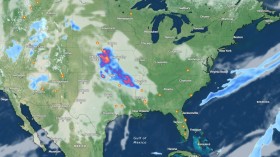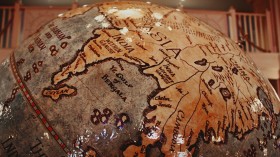A natural disaster can strike at any time and ruin your plans instantly. If you live in the San Antonio, Texas, area, it's important to be prepared for a hurricane or flooding. Here are some things to do before a natural disaster strikes:
1. Make a Disaster Plan
A disaster plan is a list of instructions on responding to the disasters that are most likely to hit regularly. These instructions include what you'll do during an evacuation and how you'll contact friends and family while you're gone. Have your plan ready before any disaster strikes because knowing what to do beforehand will give you plenty of time to prepare. It's also a good idea to research ways to cope in the days and weeks after disaster strikes. That way you're less shellshocked and better prepared to respond.
2. Review Your Insurance
If you have homeowners insurance, ensure that your insurance policy covers natural disasters. Don't just purchase an annual policy; get one-year minimum coverage to protect yourself against the unexpected. If you have renters insurance, make sure that it protects your home if something happens to it. If you don't have insurance, find out what's covered by your homeowner's or renter's policy and make sure you're covered before the disaster strikes.
3. Find a Safe Location to Ride Out the Storm
If you live in an area that's vulnerable to flooding or is at risk of being struck by a hurricane, find out where you'll go when the disaster strikes. Different disasters require different safe locations, so make sure you know where to go. For example, if your home floods, you can ride out the storm in a local hotel or shelter.
4. Make a List of Emergency Supplies
Start a list of things that you'll need for an emergency. The more time you have, the better prepared you'll be, so start the list early. Include everything from bottled water to batteries and emergency food and video equipment. When the disaster strikes, don't waste precious time searching for things you forgot to pack or buy. Personal loans in San Antonio can be used for preparing your house and family for a natural disaster. Pay for gas and groceries with a personal loan now so you have these items later.
5. Assign a Family Contact
If loved ones are spread out or have elderly family members living by themselves, have someone to check up on them once the disaster passes. This person can make sure they aren't injured or stranded in their homes and make sure that they don't need any help. Once the disaster is over, this person will know who should be collected from and assist with reuniting stranded family members.
6. Make Sure You're Prepared for the Power Outage
Power outages can happen anytime, so make sure you have a battery-powered radio and an extra set of batteries for it. If you have an internet connection, download any recordings that you might want to listen to later. That way, if your power is turned off, you'll still be able to listen to the things on your cordless phone or computer. You can also purchase a gas-powered product that will allow you to run a refrigerator or freezer.
7. Keep Your Car Fueled
If you leave town and find that your car needs more fuel, it could take a while to get it. So be sure that your tank is full, or keep in mind the locations of the nearest gas stations before leaving. Even if you have to drive more than 100 miles before you can fill up, it will give you plenty of time to make other arrangements.
8. Stock Up on Food and Water
If you have basements or other areas in your home that are hard to heat, make sure that they're filled with extra food. By doing this, you'll be prepared for the time when natural disasters turn off the electricity and cause your refrigerator to run out of food. If you live in a flood zone, keep water stored away from any basement flooding. Don't forget to take along emergency food and water supplies for your pets, too; it's wise to stock up on pet medication, too.
Conclusion:
Preparation is the key to surviving a natural disaster. The more you consider the possibility of a natural disaster, the better prepared you'll be. By considering where you might go, who you'll call, and what food and water to bring with you, you'll be able to prepare for emergencies before they strike. Should an emergency arise, your family will already know what to do.
© 2024 NatureWorldNews.com All rights reserved. Do not reproduce without permission.
* This is a contributed article and this content does not necessarily represent the views of natureworldnews.com






